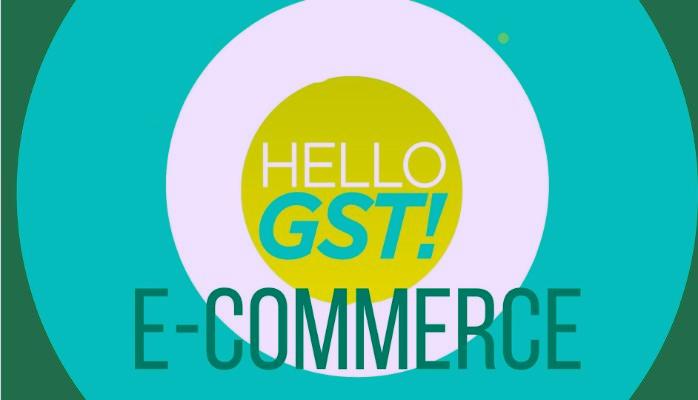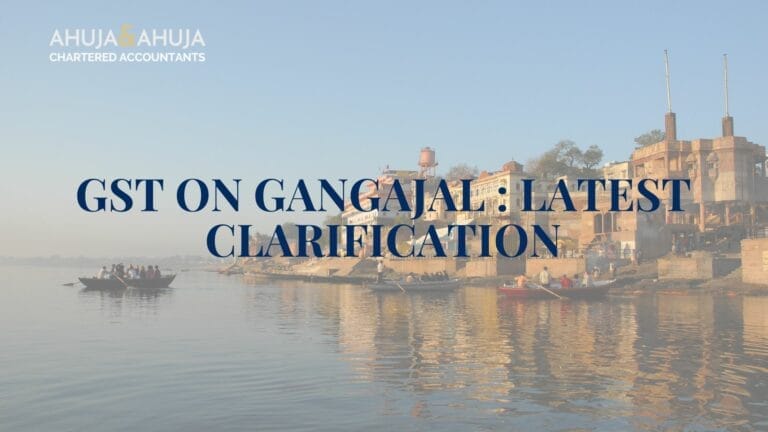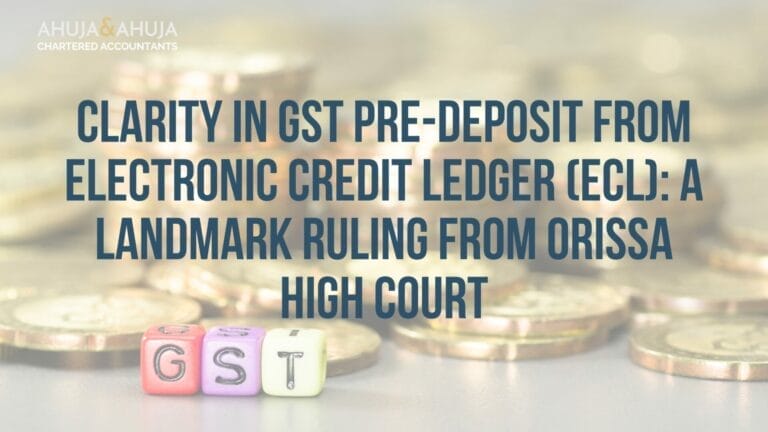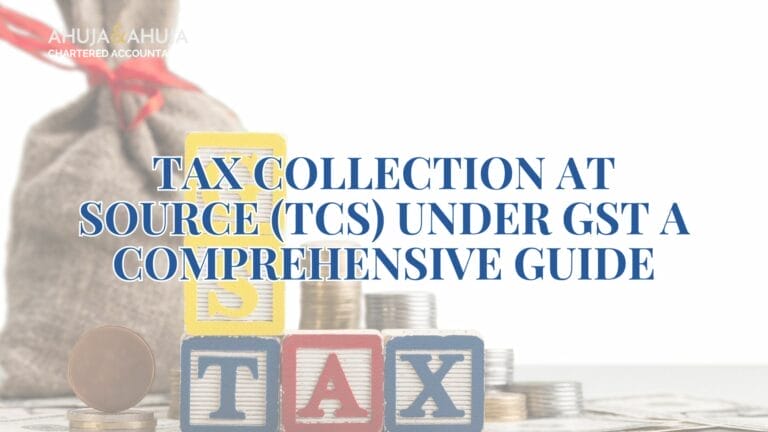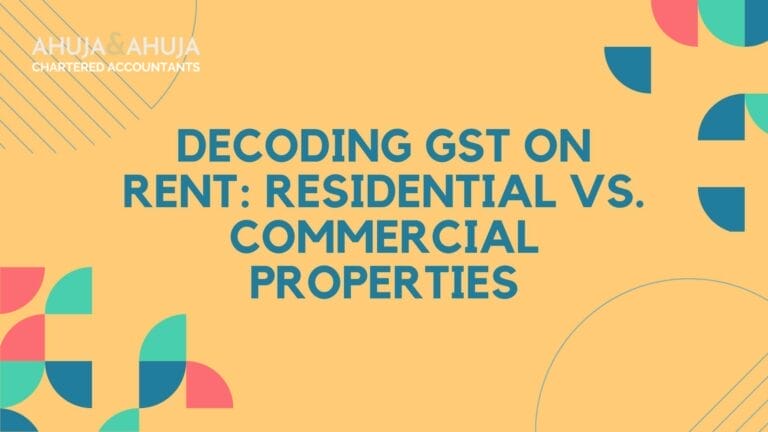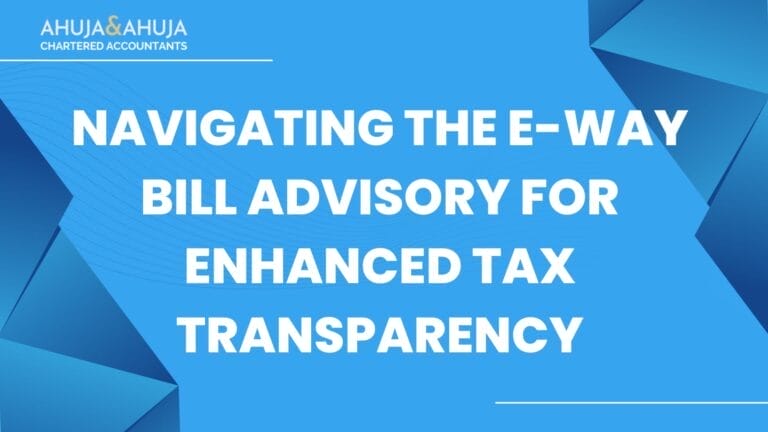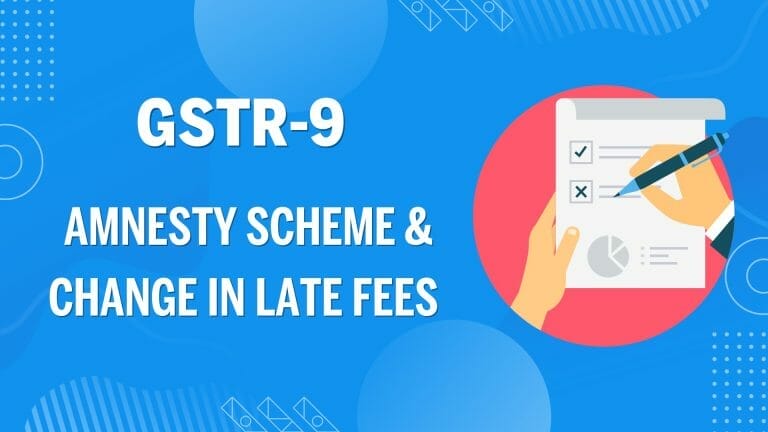GST for E-commerce Companies
What is E-commerce Operator?
Electronic Commerce Operator has been defined to mean any person who owns, operates or manages digital or electronic facility or platform for electronic commerce.
And Electronic Commerce has been defined to mean the supply of goods or services or both, including digital products over digital or electronic network.
So all companies like Flipkart, Ola, Goibibo are covered under this definition. Digital mode mainly includes websites and apps.
It is also cleared by CBEC in its FAQ on e-commerce operator that a person who is selling own goods or services through self-hosted website is also considered as e-commerce operator.
GST on Person selling own goods or services
The person who is selling only own goods or services is required to get registered under GST irrespective of their turnover. Threshold limit of Rs. 20 lakh or 10 lakh is not applicable on them. Therefore even if he makes a sale of Rs. 1 he is required to take registration. Process of registration can be checked here.
If an e-commerce company is purchasing goods from multiple vendor and then selling through own website, then also this point is applicable because in such case company is not working as aggregator. The company is liable for paying GST only at time of purchasing goods from vendors while in case of aggregators GST is applicable at time of selling to final customer.
Also it is to be noted that when a person is registered then he is liable to charge GST on all sales including offline sales. This is a big burden for persons who just want to try out this fast increasing stream.
For example – A person who has turnover of Rs. 15 lakh for their Dry cleaning services. He doesn’t need to get registered and charge GST (He can register voluntarily). He now wants to start an app so that customers can use app to get clothes picked up and dropped at their home. Now with start of app and making first sales through app, he becomes liable for GST charge on its total sale of Rs. 15 lakh. GST rate on dry cleaning is 18%. So with first sales his liability of 2.7 lakh arises.
Input tax credit and all other rules are similar to a normal dealer.
GST on E-commerce operator covered under Section 9(5)
E-commerce aggregators are also required to get registered irrespective of the threshold limit. But suppliers supplying services through such aggregator is allowed the benefit of threshold limit.
The companies which are notified under section 9(5) are required to collect tax on behalf of the suppliers providing services through its platform. Only services can be notified under this section.
Since these companies are collecting tax by itself, there is no question of collecting TCS under section 52 from payment made to the suppliers.
Services currently notified under Section 9(5) are
- Services by way of transportation of passengers by a radio-taxi, motorcab, maxicab and motor cycle for example – Ola, Uber. Such services are also covered under section 9(3) i.e reverse charge. And it is also notified via notification no. 5/2017 that if a supplier provides only those services on which entire tax is paid on reverse charge then such supplier is not required to get registration. So, if there is a person operating 5 cars through uber and has turnover of Rs. 25 lakh then also he is not required to register.
- Services by way of providing accommodation in hotels, inns, guest houses, clubs, campsites or other commercial places meant for residential or lodging purposes, except where the person supplying such service through electronic commerce operator is liable for registration due to turnover beyond threshold limit. For example – Goibibo, Makemytrip
Therefore if a hotel has turnover of more than Rs. 20 lakhs then section 9(5) is not applicable and hotel itself is liable to get registered and pay gst and covered in the below mentioned point.
GST on E-commerce operator Not covered under Section 9(5)
All companies selling goods through websites and apps like flipkart, shopclues are covered under this point. Such a company and also the suppliers supplying goods or through it are required to get registered irrespective of the threshold limit.
Such companies are also required to collect TCS at the rate of 1% of net taxable supplies. Net taxable supplies means the sales made through such aggregator less the amount of sales return. The amount of TCS is shown in GSTR-2 of the suppliers and is allowed as Input tax credit to the supplier. If the goods or services are not taxable then there is no requirement for TCS.
Aggregator is also required to file a statement of TCS collected with in 10 days from the end of the month.
Shared storing Facility of E-commerce Aggregator
Any registered person can declare a premises as a place of business if he has requisite documents for use of the premises as his place of business (like ownership document, agreement with the owner etc.) and there is no restriction about use of a premises by multiple persons.
Disclaimer
The materials provided herein are solely for educational and informational purposes. No attorney/professional-client relationship is created when you access or use the site or the materials. The information presented on this site does not constitute legal or professional advice and should not be relied upon for such purposes or used as a substitute for professional or legal advice.

